Former U.S. lawmaker alleges fraud in India’s H-1B data
Dave Brat highlighted disparities in national origin data, noting that Indian nationals account for 71 percent of all H-1B recipients.
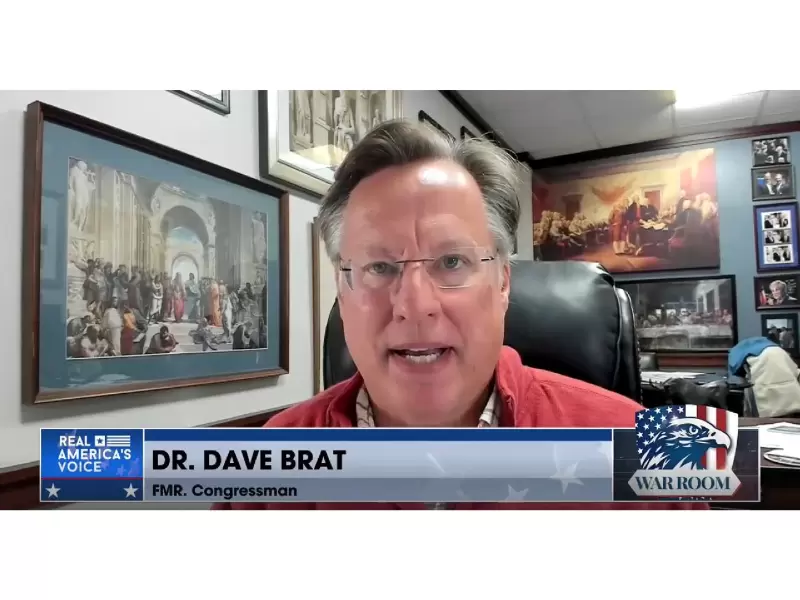 Snapshot of the episode of ‘War Room’ podcast with former US lawmaker Dave Brat / Courtesy: War Room podcast
Snapshot of the episode of ‘War Room’ podcast with former US lawmaker Dave Brat / Courtesy: War Room podcast
A former US lawmaker and economist has alleged that India’s participation in the H-1B visa program reflects widespread fraud, pointing to Chennai’s application volume as evidence that the system is being overloaded.
Dave Brat, speaking on Steve Bannon’s 'War Room' podcast on Nov. 24, claimed that the Chennai district in India processed roughly 220,000 H-1B applications in 2024—far beyond the program’s annual congressional cap of 85,000.
He argued that the numbers suggest the program has been compromised. “There’s a cap of only 85,000 H-1B visas, yet somehow one district in India—the Madras (Chennai) district—got 220,000. That’s 2.5 times the cap Congress has set. So that’s the scam,” he said.
Also Read: Project firewall escalates H-1B hiring scrutiny
Brat highlighted disparities in national origin data, noting that Indian nationals account for 71 percent of all H-1B recipients, compared with 12 percent from China. “71 percent of H-1B visas come from India, and only 12 percent from China. That tells you something’s going on right there,” he said on the podcast.
Chennai remains one of the world’s busiest H-1B processing centers, handling applications largely from Tamil Nadu, Karnataka, Kerala, and Telangana. Brat said the surge reflects structural issues that he believes are harming US workers.
“When you hear H-1B, think of your family, because these fraudulent visas just stole their future,” he told listeners. He added, “When one of these folks comes over and claims they’re skilled—they’re not; that’s the fraud. They’re taking away your family’s job, your mortgage, your house, all of that.”
Brat’s remarks revived older allegations from Mahvash Siddiqui, an Indian-American Foreign Service officer who worked at the Chennai consulate between 2005 and 2007.
Siddiqui, who reviewed more than 51,000 non-immigrant visas during her tenure, previously estimated that 80–90 percent of the Indian H-1B cases she encountered involved fabricated credentials, counterfeit documents, or applications submitted through questionable intermediaries.
The debate underscores a widening policy rift over the program’s role in the US labor market. With Indian applications continuing to dominate, the issue is expected to shape forthcoming immigration decisions and influence bilateral dynamics between Washington and New Delhi.
ADVERTISEMENT
ADVERTISEMENT
E Paper
Video



1759163132.png) Anushka Pathak
Anushka Pathak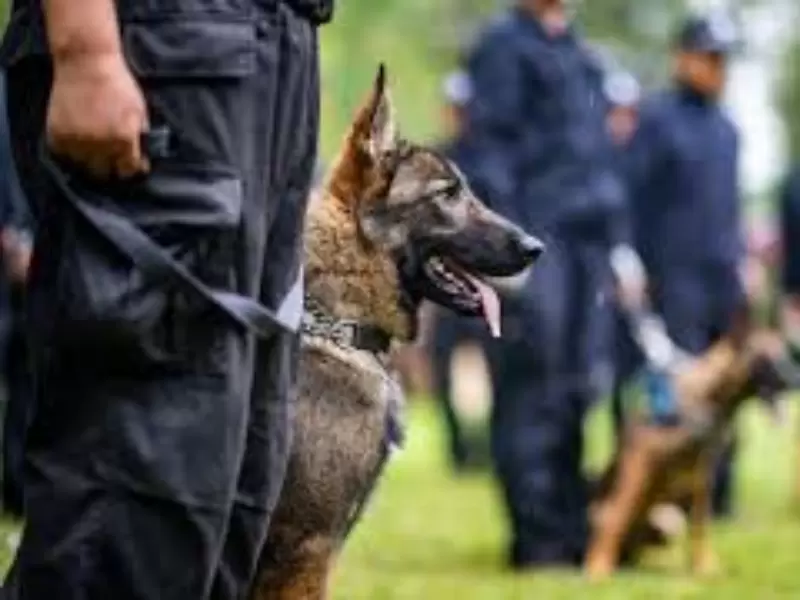
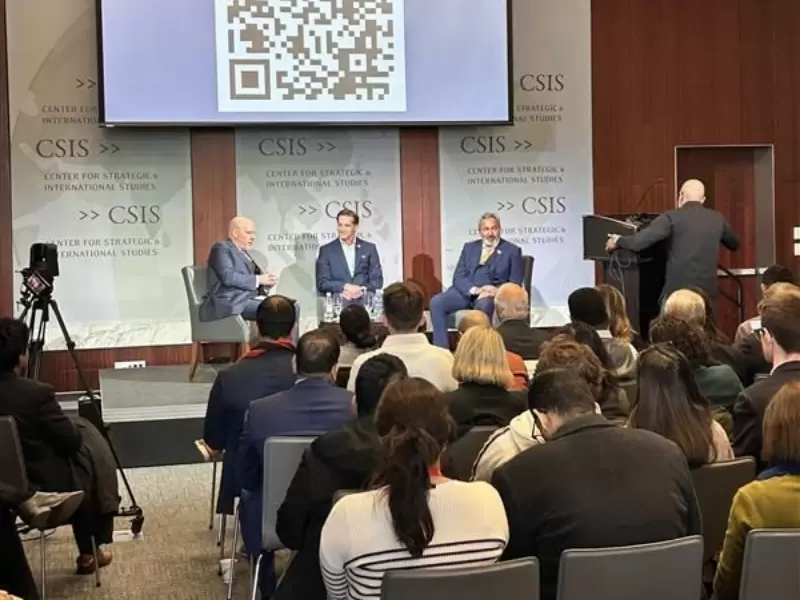
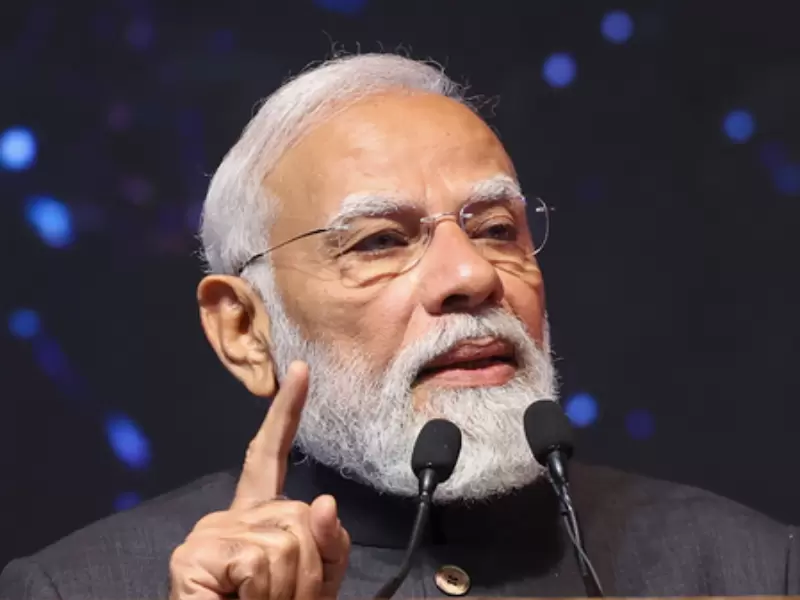
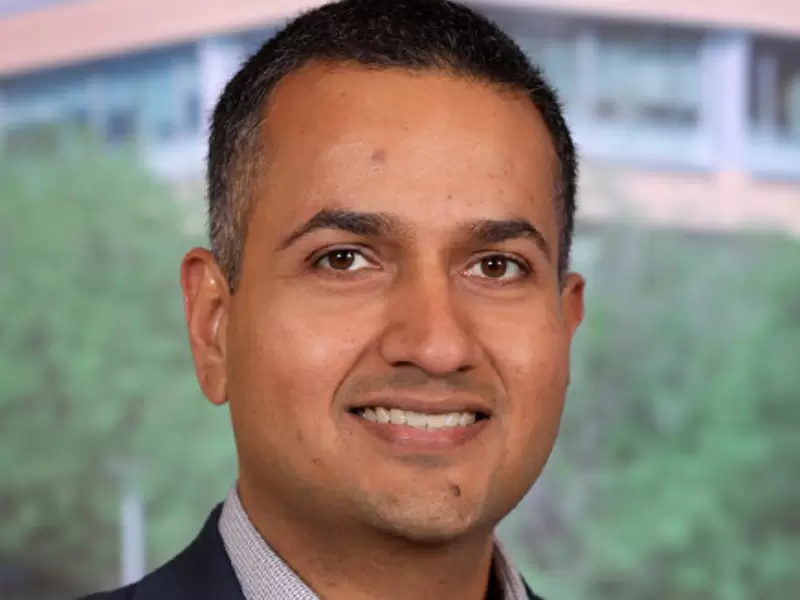

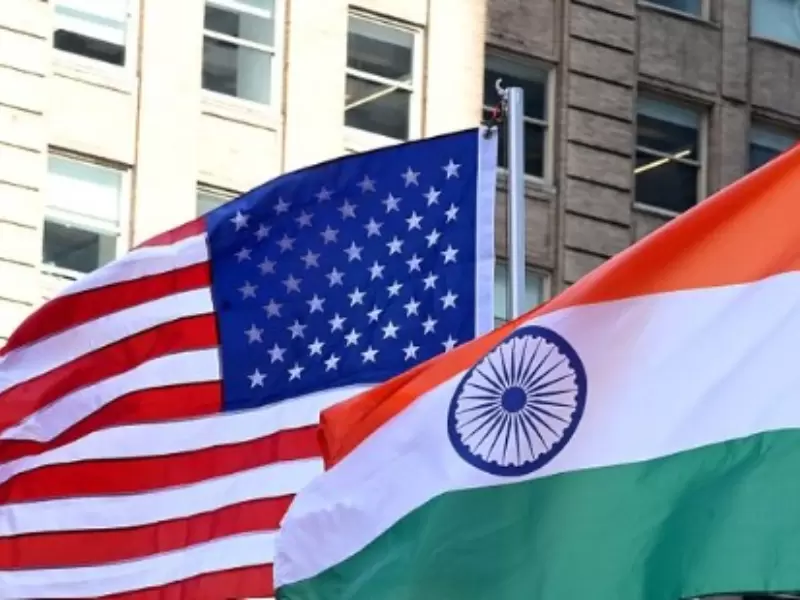


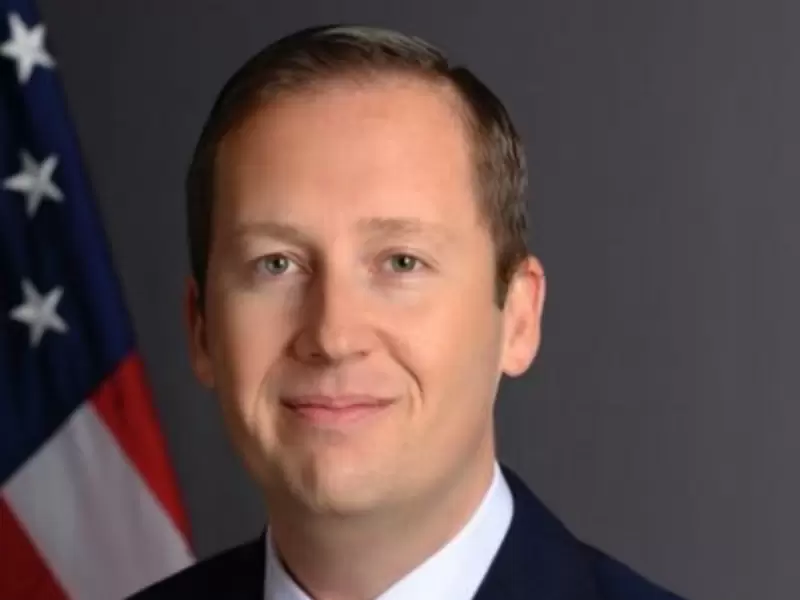

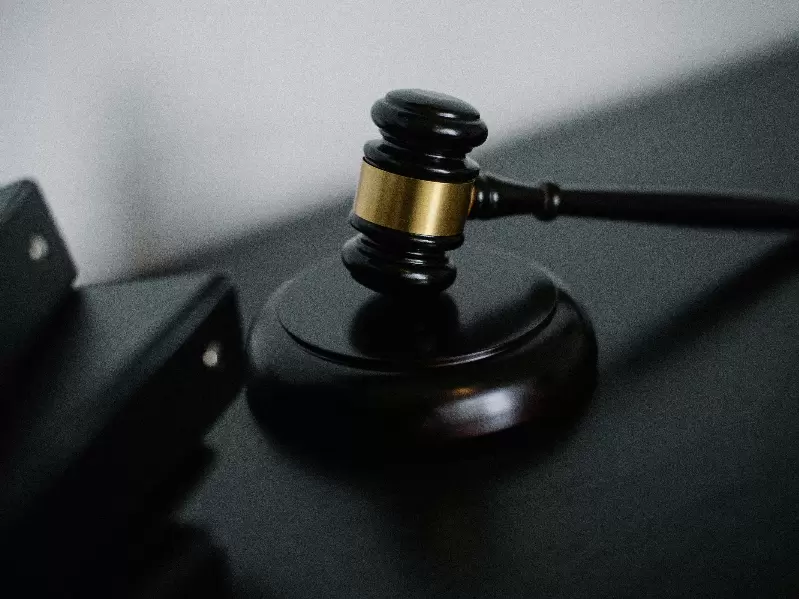
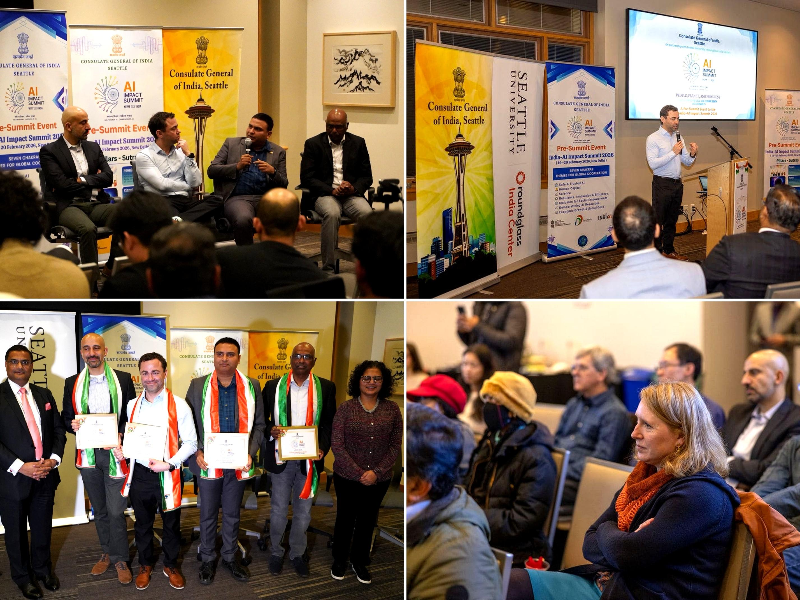

Comments
Start the conversation
Become a member of New India Abroad to start commenting.
Sign Up Now
Already have an account? Login